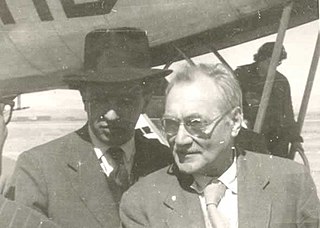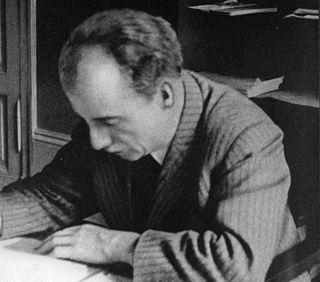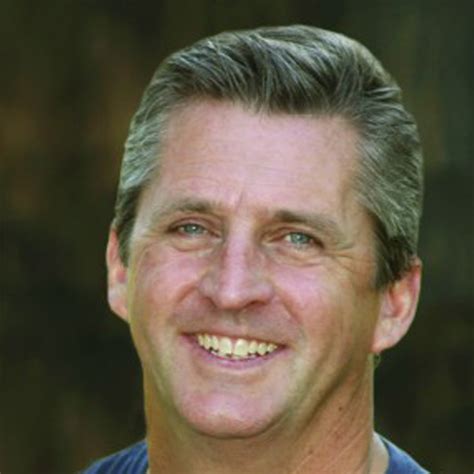A Quote by George MacDonald Fraser
There's a point, you know, where treachery is so complete and unashamed that it becomes statesmanship.
Related Quotes
I'm always trying to get to a danger point in color, where color either becomes too sweet or it becomes too harsh, it becomes too noisy or too quiet, and at that point I still want the picture to be strong, forceful, and the carrier of everything that a painting has to have: contrast, drama, austerity.
I don't know if there's a proper way to define toughness in a runner, but I do know that there comes a sudden moment when the mindset shifts. The impossible becomes doable, or at least attemptable. The long run goes from two miles to four to ten to fifteen, until it becomes routine at some point deep in an intense training cycle to knock off a couple hours without giving it a thought.
The chief element in the art of statesmanship under modern conditions is the ability to elucidate the confused and clamorous interests which converge upon the seat of government. It is an ability to penetrate from the na?ve self-interest of each group to its permanent and real interest. Statesmanship consists in giving the people not what they want but what they will learn to want.



































